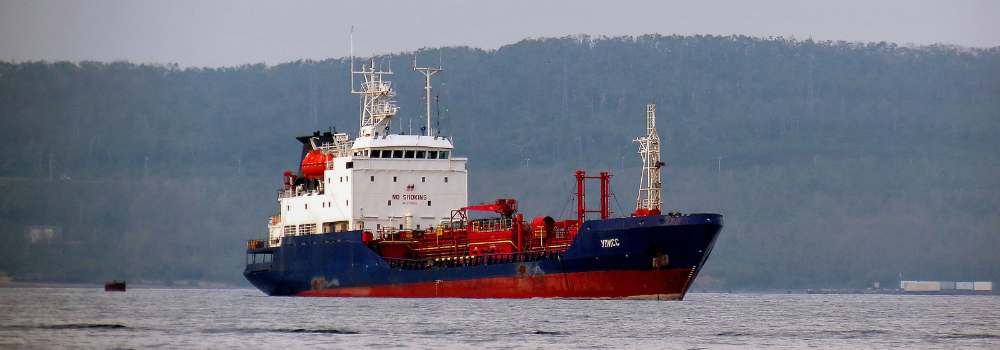The maritime job market in the UK is currently experiencing a period of transition and recovery, with both challenges and opportunities on the horizon. As a third-party recruiter specializing in the maritime sector, we’ve observed several key trends shaping the industry’s employment landscape.
The UK maritime sector, which contributes significantly to the national economy, has shown resilience despite recent global challenges. In 2019, the industry supported over 1 million jobs and was 45% more productive than the UK average, with remuneration 30% higher than the national benchmark. However, the sector has faced headwinds in recent years.
Challenges and Recovery
The maritime industry contracted by 8.5% in 2023, marking the sharpest decline since 2016 (excluding the pandemic year of 2020). While a slight contraction of 0.4% is expected in 2024, the sector is projected to return to growth of 0.8% in 2025[3]. This trajectory suggests a gradual recovery, presenting both challenges and opportunities for job seekers and employers alike.
… We’re seeing a growing need for innovative attraction strategies to appeal to what we call “Generation Choice” – a workforce with more career options than ever before[4].
Retention Challenges
Retaining talent has emerged as a critical issue for the maritime sector. Our recent survey of senior executives revealed that 40% intend to switch jobs within the next two years. This high turnover rate creates opportunities for job seekers but poses challenges for employers seeking stability and continuity.
Skills Gap and Training
The industry faces a potential skills shortage, compounded by an aging workforce and a need for new expertise in emerging technologies. Surprisingly, only 0.2% of maritime transport’s labor costs are spent on staff training since 2020. This presents an opportunity for candidates with up-to-date skills and a willingness to engage in continuous learning.
Emerging Opportunities –
Technological Advancements
The push for decarbonization and the integration of AI are creating new roles and reshaping existing ones. Candidates with expertise in green technologies and digital skills are increasingly in demand.
Diversity Initiatives
There’s a growing focus on improving diversity within the sector. This opens up opportunities for underrepresented groups and requires recruiters to adopt more inclusive hiring practices.
Global Expansion
With the global ‘blue economy’ expected to be worth over $3 trillion by 2030, there’s potential for significant job creation in various maritime subsectors[2].
Recruitment Strategies for Success
As recruiters, we’re adapting our approaches to meet these evolving market conditions:
1. Emphasizing career development opportunities to attract and retain talent.
2. Focusing on skills-based hiring rather than traditional qualifications alone.
3. Promoting the competitive remuneration and productivity levels of the maritime sector.
4. Highlighting the industry’s crucial role in the UK economy to appeal to job seekers looking for meaningful work.
5. Advocating for increased investment in training and upskilling programs within maritime companies.
The UK maritime job market is at a pivotal point. While facing challenges, it also offers significant opportunities for growth and innovation. As recruiters, our role is to bridge the gap between talented professionals and forward-thinking maritime companies, ensuring the sector’s continued success and evolution in the years to come.
Article by Liam Daly, Principal Recruitment Consultant
Citations:
[1] https://www.maritimeuk.org/state-of-the-maritime-nation/
[2] https://www.maritimeuk.org/documents/630/HR_Guidance_for_Recruiters_-_May_2020_OhMdZvZ.pdf
[4] https://splash247.com/maritime-recruitment-trends-and-strategies-for-success/
[6] https://spinnaker-global.com/0_25-06-2024-day-of-the-seafarer-2024
[7] https://thejobwave.com/blog/navigating-career-opportunities-maritime-job-trend
[8] https://www.seatrade-maritime.com/crewing/uk-government-boosts-seafarer-employment-protections

